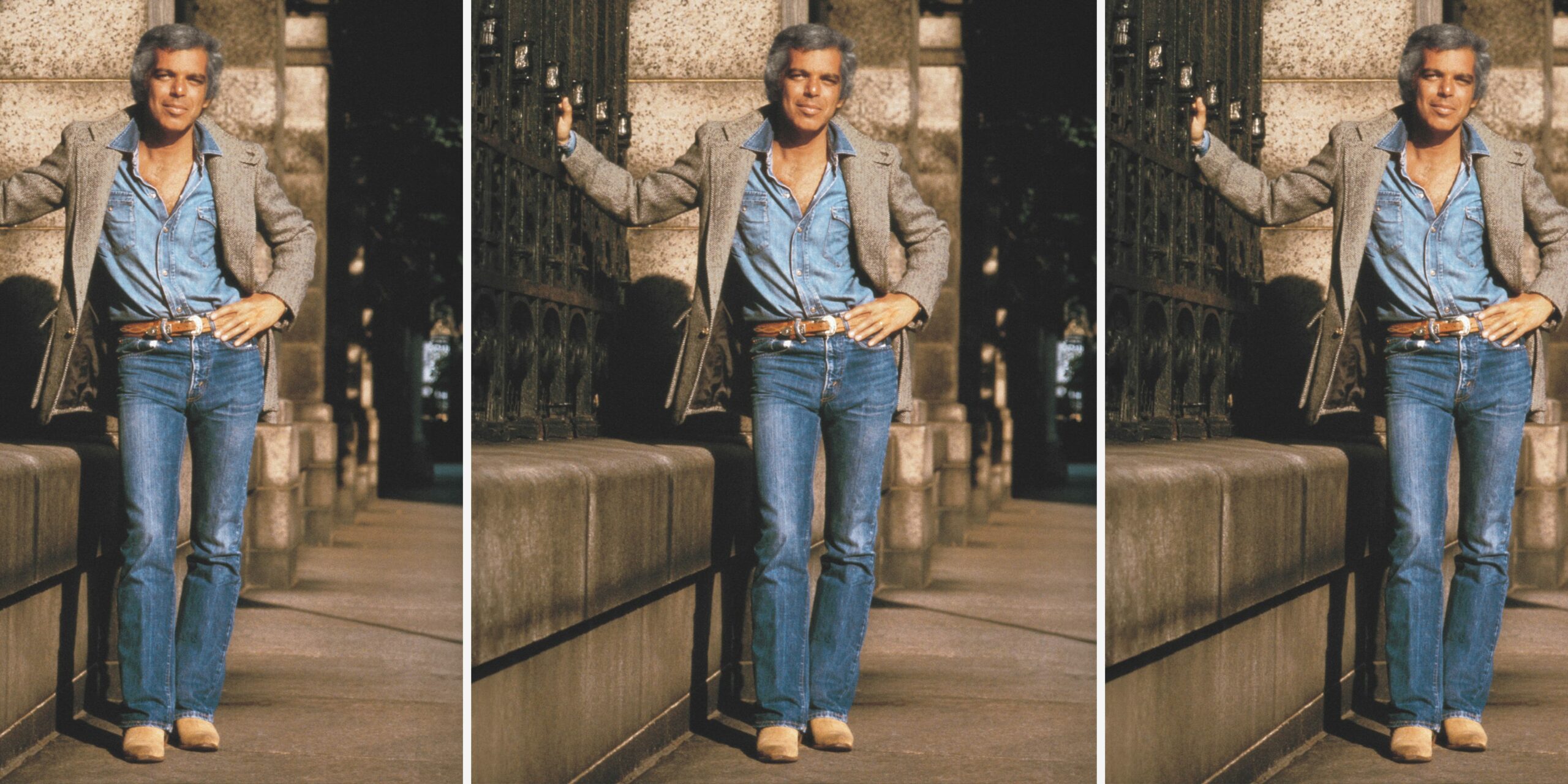The Hidden Battle: Why Real Men Struggle Silently with Grief and How to Fight Back Like a Champion
Ever wonder why men often seem like they’re carrying the weight of the world on their shoulders — but won’t let anyone see a hint of the struggle underneath? When it comes to grief, this silence can be louder than any words. Men face loss all the time — the death of someone close, a breakup, or the daunting shift in identity after a career change or illness — yet many keep those feelings locked away, pressured to “man up” and move on. I’ve spent years working with guys in Chicago, watching firsthand how cultural scripts teach men to box up their emotions, pushing grief to the shadows where it often wreaks havoc in quieter, more corrosive ways. This isn’t about weakness; it’s about unlearning myths and giving grief the attention it desperately needs — because real strength? It’s okay to feel broken, to struggle, and to ask for help without shame. If you’re wrestling with loss right now, know you’re not alone, and there’s a path forward that honors your pain while helping you rebuild stronger on the other side. LEARN MORE

Men and Grief
Grief touches every man’s life at some point—whether it’s the death of a loved one, the end of a relationship, or the loss of identity that comes with retirement, career change, or illness. Yet many men in Chicago and beyond struggle to express their pain openly. Instead, they often carry it quietly, feeling pressure to “stay strong” or “hold it together” for others.
As a men’s therapist in Chicago, I’ve seen how cultural expectations can make it especially difficult for men to process loss. Many guys are taught early on to Do you really want to lcontrol emotions, solve problems, and keep moving forward.
But grief doesn’t work that way. It demands attention, patience, and honesty. When we push grief away, it doesn’t disappear—it simply finds quieter, more painful ways to surface through irritability, withdrawal, or even depression.
If you’re a man coping with loss, know this: your pain is valid, and you don’t have to carry it alone.
The Hidden Face of Male Grief
Men often grieve differently than women—not because they care less, but because they’ve been socialized to express emotion in limited ways. Instead of crying or sharing openly, many men channel their grief into work, physical activity, or even caretaking. Some become hyper-independent, avoiding vulnerability at all costs.
Related: 7 ways counseling helps men with grief and loss
It’s not unusual for a man to tell me in therapy, “I’m fine—it’s just been hard to focus.” Beneath that statement, however, might be deep sadness, guilt, or regret. Because men are rarely given permission to talk about these feelings, grief can take the form of:
- Irritability or anger instead of visible sadness
- Numbness or disconnection from others
- Increased drinking, eating, or overworking as coping mechanisms
- Physical symptoms such as tension, fatigue, or insomnia
Chicago’s fast-paced environment can make it even harder to slow down and grieve. The city’s culture often rewards productivity and emotional control—two qualities that clash with the messy, unpredictable process of mourning.
How Loss Shapes Identity
Loss doesn’t just take away a person or situation—it changes how we see ourselves. A man who loses a parent may suddenly feel unmoored, realizing that the generation before him is gone. Someone going through divorce or breakup may question his worth, wondering, “What did I do wrong?” Even job loss can strike at the core of identity, especially for men who equate success with self-value.
Related: What are the stages of grief?
In Chicago, where achievement and image often go hand in hand, these experiences can quietly erode self-esteem. Many men feel ashamed for not “bouncing back” quickly enough. But grief has no timeline. Healing takes time, reflection, and the courage to sit with uncomfortable emotions.
Cultural Pressures and “The Strong, Silent Type”
Cultural norms still tell men that strength means stoicism. From an early age, boys hear messages like “don’t cry,” “man up,” or “be tough.” These beliefs may help in moments of crisis, but they can be devastating in the face of loss.
When men suppress emotions, grief can turn inward, fueling anxiety, irritability, or emotional detachment. Over time, this can strain relationships and lead to feelings of isolation. At the Couples Counseling Center and Calm Anxiety Clinic in Chicago, I often work with men who say, “I don’t know how to talk about this stuff.” The truth is—they were never taught how. Therapy can be the place to start learning.
How Therapy Helps Men Navigate Grief and Loss
Therapy offers a confidential, supportive space where men can process grief without judgment. It’s not about forcing tears or revisiting every painful memory—it’s about learning how to live with loss in a way that honors both the person you lost and the life you’re still living.
In men’s grief counseling at our Chicago practice, we help clients:
- Understand how cultural conditioning affects the way they express emotions
- Identify the secondary losses (identity, security, purpose) that often accompany grief
- Develop healthy coping skills to manage anger, sadness, and guilt
- Rebuild connections with others and find meaning after loss
- Recognize that vulnerability is not weakness—it’s an act of courage
Therapy doesn’t take away grief, but it helps men navigate it more honestly.
Practical Ways to Cope with Grief as a Man
You don’t have to face loss alone. While everyone grieves differently, here are a few ways men can begin to move through emotional pain in healthy ways:
1. Give yourself permission to feel
Emotions like sadness, guilt, or anger are not signs of weakness. They’re natural reactions to loss. Let yourself experience them without judgment.
2. Find your way to express
Not all men process grief through talking. Some find healing through writing, physical activity, music, or art. The goal is to give emotion a healthy outlet rather than bottling it up.
3. Connect with others
Reach out to a trusted friend, family member, or therapist. Sharing your story doesn’t make the pain worse—it helps your brain and heart begin to make sense of it.
4. Create rituals of remembrance
Visit a favorite place, light a candle, or carry on a tradition that honors who or what you’ve lost. Rituals give structure to grief and help it feel less overwhelming.
5. Be patient with yourself
Healing is not linear. Some days you’ll feel strong; others you may feel stuck. Both are normal. Allow yourself to move through grief at your own pace.
You’re Not Alone: Support for Men’s Grief in Chicago
If you’re grieving in silence, it’s okay to reach out. Many men wait months or even years before seeking help, often because they think therapy means weakness. In reality, asking for help is one of the bravest choices you can make.
At our Chicago men’s counseling center, we work with men facing all forms of loss—death, divorce, identity changes, and more. Together, we unpack the emotional weight you’ve been carrying, helping you find your footing again.
Grief may always be a part of your story, but it doesn’t have to define it. With time, compassion, and the right support, you can rediscover strength—not the stoic kind, but the quiet strength that comes from honesty, connection, and healing.
Looking for Men’s Grief Counseling in Chicago?
My therapy practice offers compassionate, confidential counseling to help men navigate loss and rebuild emotional resilience. Reach out today to schedule a consultation and begin the process of healing on your own terms.




















Post Comment